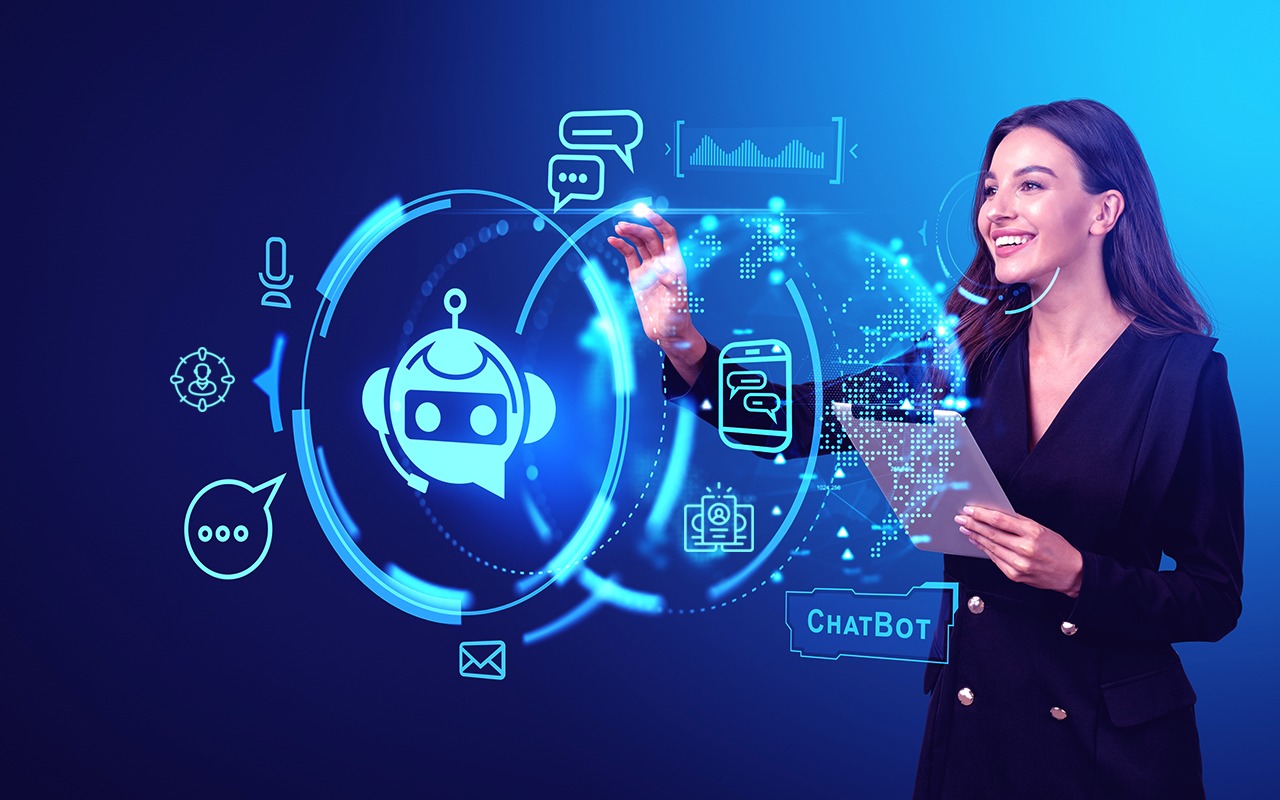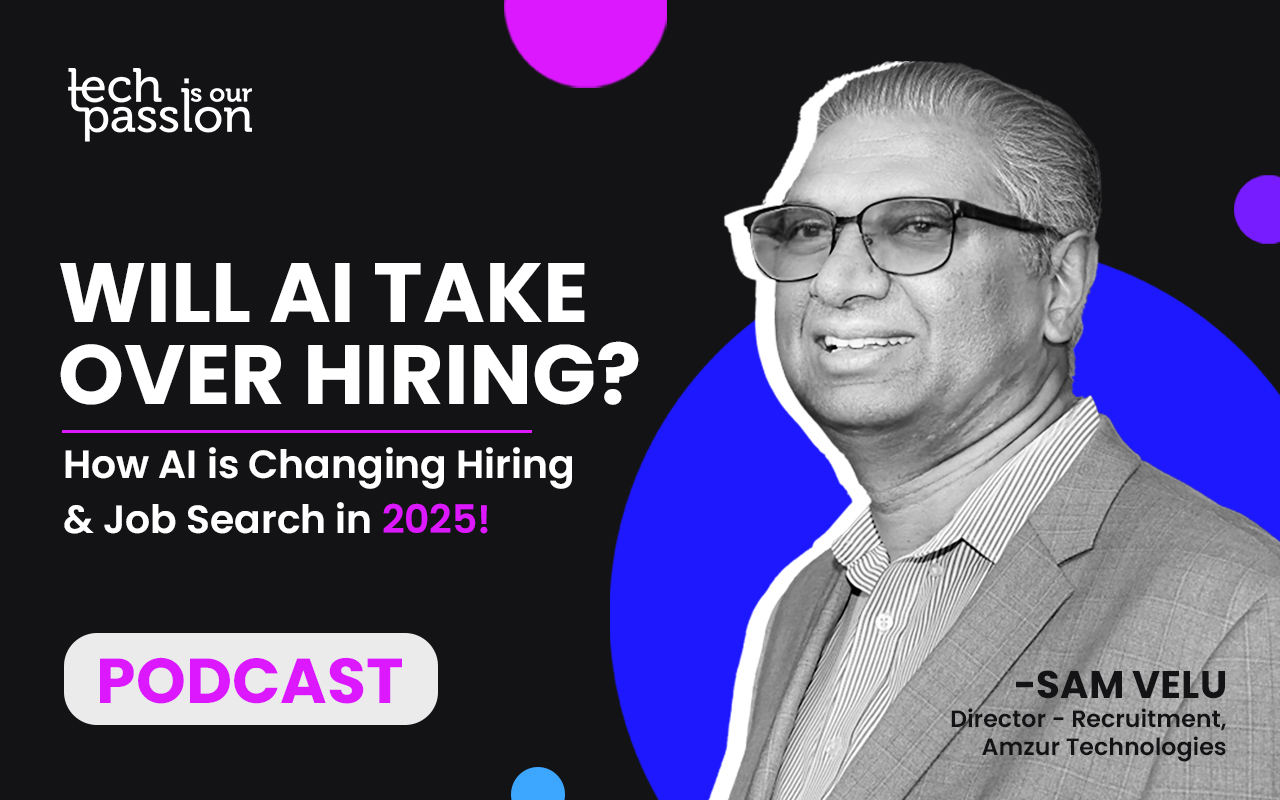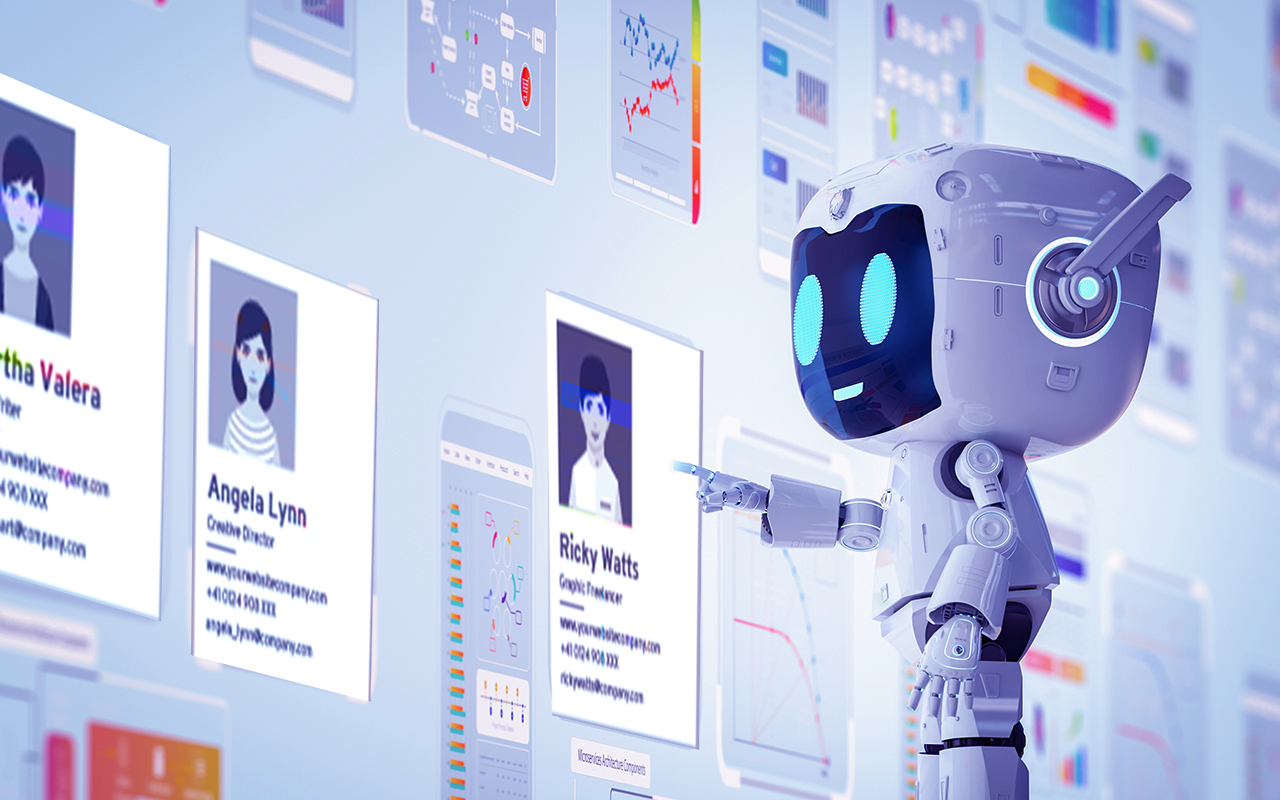- Published:
- Reading time: 8 minutes
The recruitment landscape of today feels worlds away from the one I stepped into over twenty years ago. Back then, my toolkit was a sturdy Rolodex, a phone that never stopped ringing, and an intuitive gut feeling for a good candidate. We were gatekeepers, matchmakers, and sometimes, miracle workers, sifting through stacks of paper resumes. Fast forward to 2025, and while the core mission – connecting talent with opportunity – remains, the ‘how’ has been utterly transformed. And the most profound catalyst for this change? Artificial Intelligence.
It’s a topic that sparks both excitement and trepidation in HR circles. But from where I stand, after navigating countless shifts in our industry, AI isn’t just another trend. It’s a fundamental force reshaping not just our tools, but the very identity of the talent acquisition professional. We’re not just recruiters anymore; we’re evolving into Talent Strategists, and AI is the forge shaping this new, crucial role.
The Recruiter of Yesterday: Masters of the Transactional
Let’s be candid. For a long time, the life of a recruiter was intensely transactional. We were measured by our time-to-fill, the number of candidates screened, and our ability to keep the hiring pipeline moving. My days were a whirlwind of posting jobs, chasing down leads, scheduling endless interviews, and mountains of administrative work. It was demanding, often exhilarating when you found that perfect fit, but also incredibly reactive. We were experts at filling the roles handed to us, but the bandwidth for stepping back and looking at the broader talent ecosystem, at true workforce planning, was a luxury few could afford.
The pain points were palpable: the sheer volume of unqualified applications, the hours spent on manual screening that could have been used for deeper candidate engagement, and yes, the creeping realization that unconscious biases, despite our best intentions, could influence decisions. We brought immense value, no doubt, in keeping businesses staffed. But were we always as strategic as we could have been? Probably not. The tools and the time simply weren’t there.
Enter AI: The Game Changer for HR
Then came AI. Initially, I’ll admit, I met it with the same healthy skepticism I reserve for any shiny new tech promising to solve all our problems. But the advancements in AI for HR, particularly over the last five to seven years, have been undeniable. We’re talking about AI algorithms that can intelligently source candidates from across the web, far beyond traditional job boards. Tools that screen resumes for essential skills with a speed and consistency no human team could match. Chatbots are now sophisticated enough to handle initial candidate queries, provide instant feedback, and even schedule interviews, offering a 24/7 candidate experience that was once unimaginable.
But it’s not just about automation of grunt work, as transformative as that is. AI is providing us with data analytics capabilities that are, frankly, revolutionary for talent acquisition. We can now analyze patterns in successful hires to refine our search criteria, gain insights into market talent availability, and even get predictive indicators for future skill demands. This isn’t about replacing human intuition; it’s about augmenting it with powerful, data-driven insights. For the first time, many of us feel like we can lift our heads from the day-to-day grind and see the bigger picture.
The Rise of the Talent Strategist: Architecting the Future Workforce
This liberation from the transactional, coupled with access to rich data, is precisely what’s fueling the shift towards the Talent Strategist. This isn’t just a title change; it’s a fundamental evolution of our purpose within an organization.
What does this new role entail?
Strategic Workforce Planning:
We’re moving beyond “I need to fill this role now” to “What skills will our business need in two, five, or even ten years?” AI helps us model these scenarios, identify potential skill gaps, and proactively build talent pipelines for the future.
Elevated Employer Branding & Candidate Experience:
With AI handling initial, high-volume interactions, our human touch can be reserved for more meaningful engagement. We can focus on crafting authentic employer brands and ensuring every candidate, even those not hired, has a positive experience. AI can even help personalize communications at scale.
Deep Talent Analytics & Insights:
The Talent Strategist speaks the language of data. We’re now equipped to show the C-suite the ROI of our talent initiatives, identify which sourcing channels deliver the best quality hires, and make data-backed recommendations on everything from compensation to retention strategies.
Consultative Partnering:
Instead of just taking job orders, we’re becoming true internal consultants. We advise business leaders on organizational design from a talent perspective, on market trends, and on how to build high-performing, resilient teams.
Championing Meaningful Diversity, Equity, and Inclusion (DE&I):
This is a critical one. Used ethically, AI can help broaden our talent pools by mitigating human bias in initial screening. As strategists, we then ensure DE&I is woven into the fabric of the entire talent lifecycle, from attraction to development and retention.
Nurturing Internal Mobility & Skills Development:
AI tools can help identify existing employees with the potential to fill upcoming roles or highlight skills adjacencies. As strategists, we champion internal growth, fostering a culture of learning and development.
Essential Skills for the New Breed of Talent Professional
This evolution isn’t automatic. It demands a new skillset, a new mindset:
Data Literacy is Non-Negotiable:
You don’t need to be a data scientist, but you do need to understand how to interpret AI-generated reports, ask the right questions of your data, and spot meaningful trends.
Strategic and Critical Thinking:
This is about connecting the dots between talent activities and business outcomes. It’s about foresight and proactive problem-solving.
Technological Proficiency & Adaptability:
Embracing AI tools is key, but so is the willingness to continuously learn as the technology evolves. Complacency is the enemy here.
Quintessentially Human Skills:
Ironically, as technology becomes more prevalent, skills like empathy, advanced communication, complex negotiation, ethical judgment, and genuine relationship-building become even more valuable. AI handles the mechanics; we handle the humanity.
Change Management:
We are guiding our organizations, hiring managers, and candidates through a significant shift. The ability to manage this change effectively is crucial.
Navigating the Transition: Challenges and Opportunities
Of course, this journey isn’t without its hurdles. There’s a natural fear of job displacement, though I firmly believe AI augments rather than replaces. The more significant challenge is the urgent need for reskilling and upskilling within the HR profession. We also can’t ignore the ethical considerations surrounding AI – ensuring fairness, transparency, and eliminating algorithmic bias is paramount. Integrating new AI platforms with legacy HR systems can also be a practical headache.
But the opportunities far outweigh these challenges. The work becomes more intellectually stimulating, more impactful. HR finally has a firm, data-backed seat at the strategic table. We have the chance to build more diverse, more agile, and more highly skilled workforces than ever before. And, importantly, we can deliver a far better, more responsive experience for our candidates.
Conclusion: The Future is a Human-AI Partnership
The narrative of “AI versus humans” is a false dichotomy. The future of HR, and specifically talent acquisition, lies in a powerful partnership. AI will provide the scale, the speed, and the data-driven insights we’ve long craved. Human talent strategists will provide the context, the critical thinking, the ethical oversight, and the all-important human touch.
My two decades in this field have taught me that change is the only constant. But the AI-driven transformation we’re currently experiencing feels different. It’s an invitation to step up, to evolve, and to redefine our value. It’s a chance to move from being reactive order-takers to proactive architects of our organizations’ most valuable asset: their people.
For those willing to embrace the change and cultivate the new skills required, the future as a Talent Strategist is not just bright; it’s strategically indispensable.
Watch our latest podcast on AI technology’s impact on recruitment from the industry leader, Sam Velu.
Written by:






